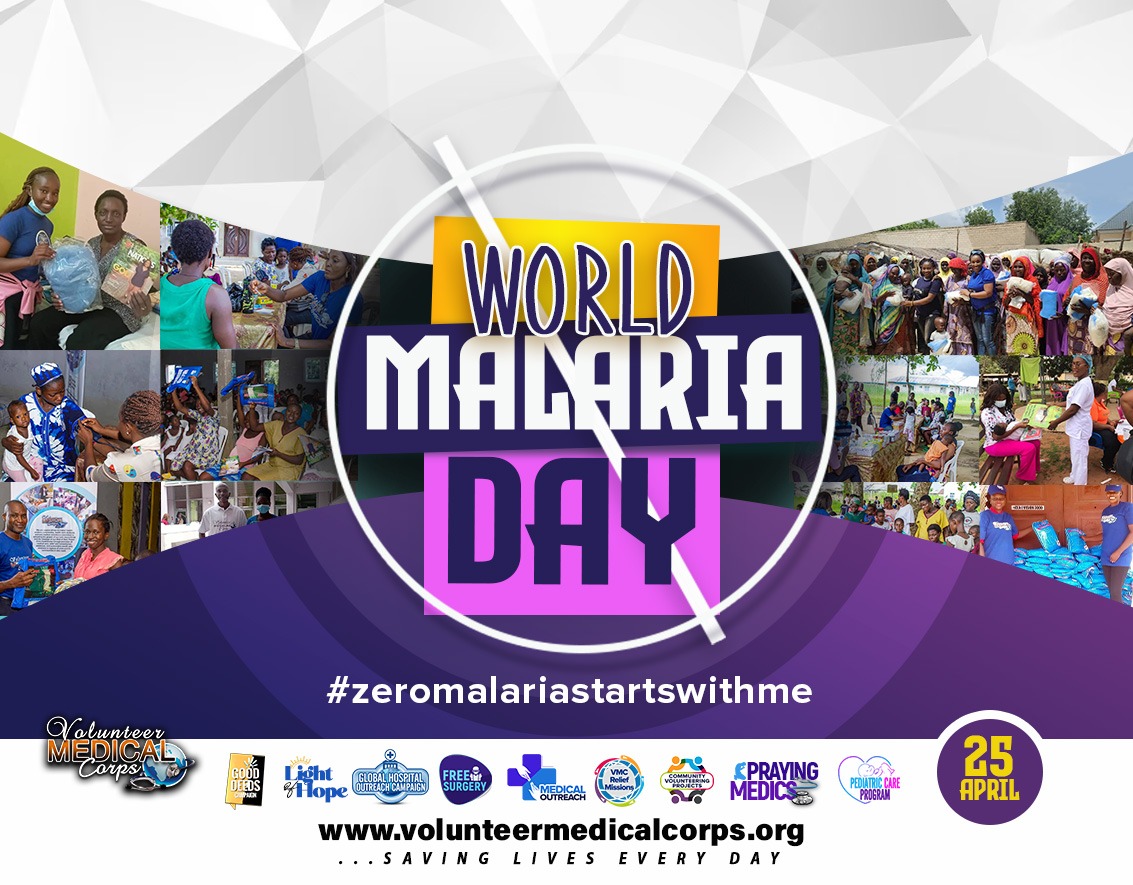
1. What is Malaria: Malaria is a life-threatening preventable and treatable disease caused by parasites of the Plasmodium genus, which are transmitted to humans through the bites of infected female Anopheles mosquitoes. There are several species of Plasmodium that can infect humans, with Plasmodium falciparum and Plasmodium vivax being the most common and deadliest.
When an infected mosquito bites a person, it injects malaria parasites into their bloodstream. The parasites then travel to the liver, where they mature and multiply before re-entering the bloodstream and infecting red blood cells. Once inside the red blood cells, the parasites continue to multiply, causing the cells to rupture and release more parasites into the bloodstream. This cycle of infection and replication leads to the characteristic symptoms of malaria, including fever, chills, headache, muscle aches, and fatigue.
2. How can we prevent malaria infection?
The key is to control the vector; mosquitoes. Since malaria is transmitted through the bites of infected mosquitoes, controlling mosquito populations is crucial. Malaria prevention methods that individuals and communities can adopt include:
· Use of Insecticide-treated bed nets (ITNs): Sleeping under ITNs provides a physical barrier against mosquito bites and reduces the likelihood of infection, particularly during peak biting times at night.
· Indoor residual spraying (IRS): Spraying insecticides on the walls and ceilings of homes can kill mosquitoes that come into contact with the treated surfaces, thereby reducing transmission.
· Environmental management: Eliminating breeding sites for mosquitoes, such as stagnant water bodies and containers, can help reduce mosquito populations.
· Use of Personal Protection Measures: Individuals can take steps to protect themselves from mosquito bites, especially during peak biting hours (typically dusk to dawn), by choosing appropriate clothing including items that cover exposed skin, use of insect repellent creams and sprays containing DEET or other recommended active ingredients.
· Chemoprophylaxis: For travelers visiting malaria-endemic regions, particularly those with a high risk of exposure, chemoprophylaxis (taking antimalarial medication) may be recommended. The choice of medication depends on factors such as the destination, the traveler's health status, and the local prevalence of drug-resistant malaria strains.
· Early Diagnosis and Prompt Treatment: Early diagnosis and treatment of malaria cases are essential for preventing severe illness, complications, and onward transmission. Individuals experiencing symptoms such as fever, chills, headache, and body aches, especially if they have recently traveled to malaria-endemic areas, should seek medical attention promptly for diagnostic testing and treatment.
· Community Engagement and Education: Community-based initiatives that raise awareness about malaria transmission, prevention methods, and the importance of seeking prompt medical care can empower individuals to take proactive steps to protect themselves and their families. Education programs can also promote behavior change, such as using bed nets consistently and seeking timely treatment for suspected malaria cases.
Admin